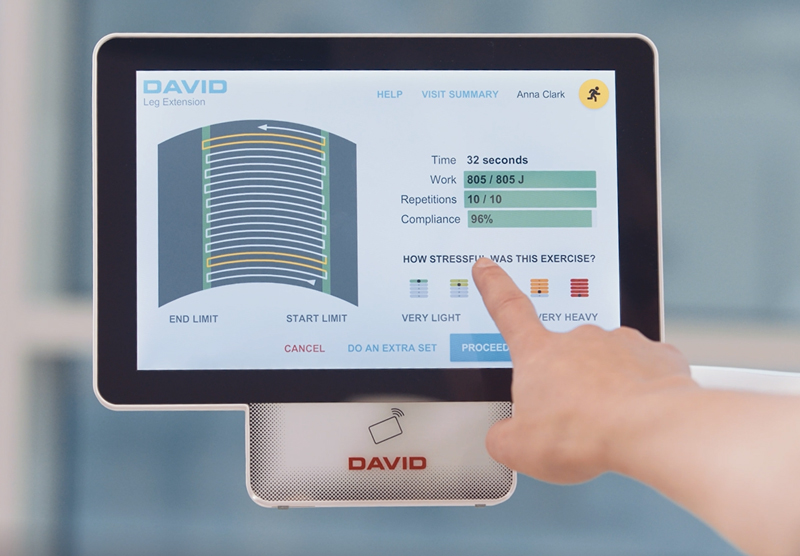Research - Outcome Studies
Treatment of patients with rotator cuff tears – comparative evidence on the effectiveness of tendon repair and conservative treatment for mainly supraspinatus tendon tears.
Year: 2022 Study type: Meta-analysis and RCT
Ryösä A. Treatment of patients with rotator cuff tears – comparative evidence on the effectiveness of tendon repair and conservative treatment for mainly supraspinatus tendon tears. University of Turku. Doctoral Dissertation; 2022.
Objective
To evaluate evidence on the effectiveness of tendon repair compared with the conservative treatment of rotator cuff tear (Meta-analysis).
To investigate the difference in mid-term outcome between physiotherapy, acromioplasty and tendon repair to treat non traumatic supraspinatus tendon tears and to compare the effectiveness of supervised physiotherapy and home exercises alone (RCT).
Methods
Meta-analysis: Study population comprised of adults with rotator cuff tears. Three RCTs were included. Intervention: Surgical repair of the tendon tear. Comparison: Placebo, sham or other conservative treatment. Outcomes: Pain, function, quality of life and mobility of the shoulder.
RCT: To examine the difference between physiotherapy, acromioplasty and tendon repair outcomes, patients were randomized into one of three treatment groups: physiotherapy (group 1); acromioplasty and physiotherapy (group 2); and rotator cuff repair, acromioplasty and physiotherapy (group 3). Primary outcome: change in total Constant score (CS) at 5 year-follow-up. Study population comprised of patients with isolated and symptomatic full-thickness supraspinatus (SSP) tears who were referred for surgery.
RCT: To compare the effectiveness of supervised physiotherapy and home exercises alone patients were randomly assigned one of two groups: supervised physiotherapy (SP) (5 SP sessions between 2 and 10 weeks after the operation) and home-exercise (HE) alone (oral and written detailed instructions for 3 months after the operation). Primary outcome: between group difference in CS at 1-year follow-up. Study population comprised of patients with arthroscopically verified and repaired full-thickness SSP tendon tear.
Outcome
Meta-analysis indicated that at one-year follow-up there were no clinically important differences in function (CS), or pain (VAS), between patients with full-thickness (mainly SSP) tendon tear, treated surgically or conservatively.
RCT found no statistically or clinically significant differences between the outcomes of conservative treatment, acromioplasty or RC repair in patients with nontraumatic SSP tendon tear.
Supervised physiotherapy and home exercises seemed equally effective at 1-year follow-up, At 3-month follow-up, patients with supervised physiotherapy experienced less pain.
